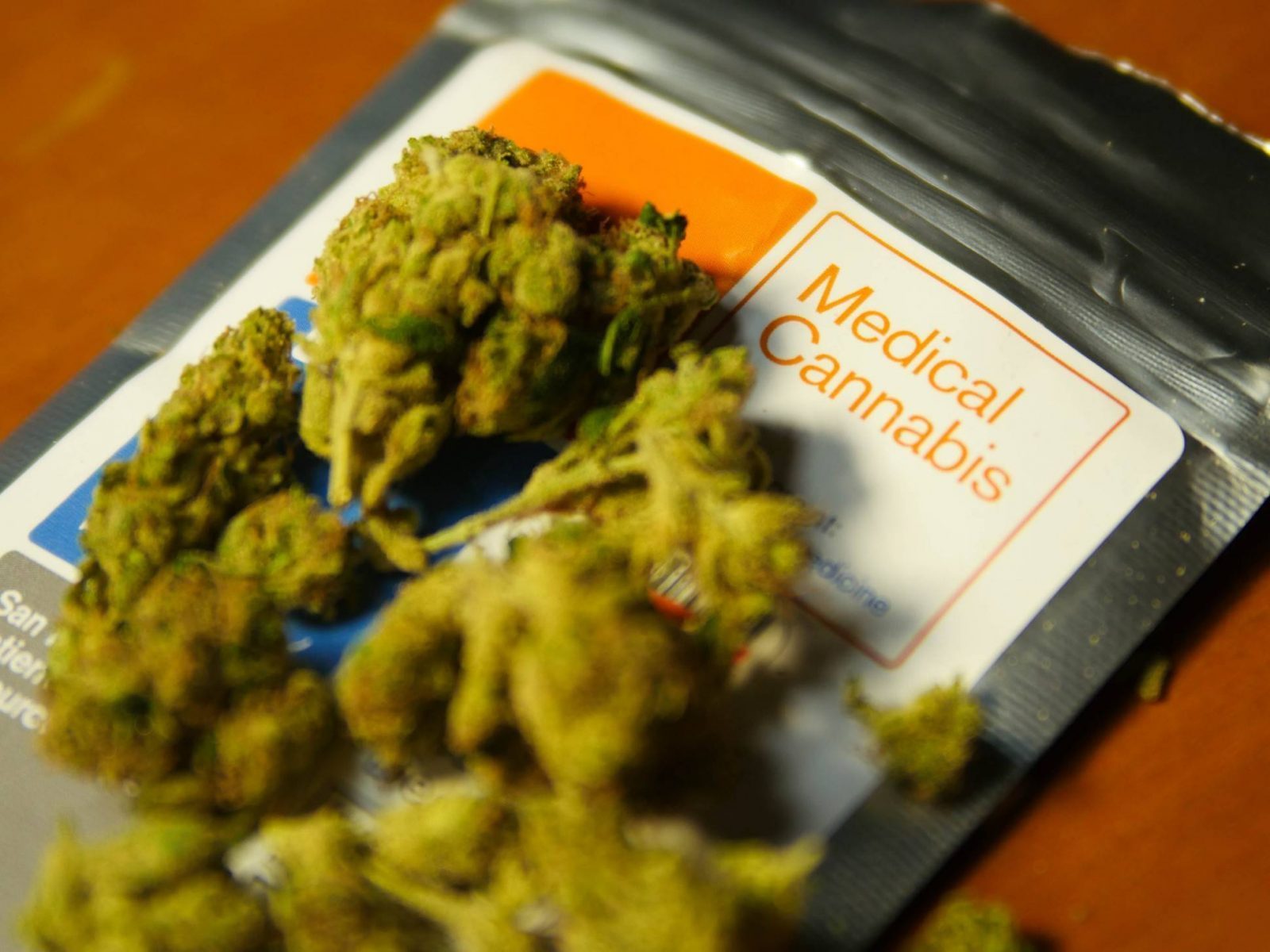Idaho Pushes to Introduce Medical Cannabis Amid Broader Regional Shift
LOS ANGELES— As the broader Pacific Northwest embraces cannabis legalization, Idaho remains a notable holdout. But Kind Idaho, an advocacy group, is undeterred, seeking to introduce medical cannabis in the state.
In Idaho, where no form of cannabis is legal, the group is tirelessly collecting signatures for their proposal to be included in next year’s ballot. They face an April 14 deadline next year to collect approximately 63,000 signatures from registered voters.
“Our objective is simple. We want to make medical cannabis available for cardholders in Idaho,” explained Joe Evans, Kind Idaho’s treasurer. He envisions a system where prospective users consult with physicians to determine if medical cannabis could aid in their recovery and healing. Upon approval, they would receive a card allowing purchases from dispensaries.
This isn’t Kind Idaho’s inaugural foray into legalization efforts. They launched their current campaign last year, following a decade marred by unsuccessful attempts to legalize medical cannabis in the state. Previous campaigns in 2012, 2014, 2015, and 2016 either fell short in collecting signatures or were thwarted by ballot technicalities.
Yet, the winds might be shifting. A recent poll suggested a favorable public sentiment, with 68% of Idaho adults supporting legal medical cannabis. Evans, along with other proponents, emphasizes that their proposal solely targets medical usage, sidestepping broader decriminalization or recreational use.
This conservative approach may resonate more given Idaho’s unique geographic position. It’s surrounded by states that have embraced recreational cannabis – Washington, Oregon, Nevada, and Montana – with only Wyoming and Utah aligning with Idaho’s stance. Consequently, many Idaho residents often cross state lines, particularly to Oregon, to access legal cannabis.
Ontario, Oregon, roughly an hour from Boise, has particularly thrived, experiencing a surge in Idahoan customers. Steve Meland, owner of the Hotbox Farms dispensary in Ontario, remarked on the irony, stating, “Politicians claim there’s no legal cannabis in Idaho, but we see Idaho residents here every day.”
With twelve dispensaries, Ontario boasts one of Oregon’s highest per capita sales. It’s also become a significant employer, with around 600 locals finding jobs in this sector. NPR noted that many employees and customers alike seem to be Idaho commuters.
Beyond cannabis, this border activity has broader political implications. NPR highlighted that the economic prosperity in Ontario reignited a divisive political discussion that began in 2020. A faction in Oregon’s rural east proposed seceding from the predominantly blue state to merge with the more conservative Idaho.
As the debate continues, the actions of Idahoans voting with their wallets by crossing state lines for cannabis highlight the complex interplay of business, politics, and culture in the region.


































